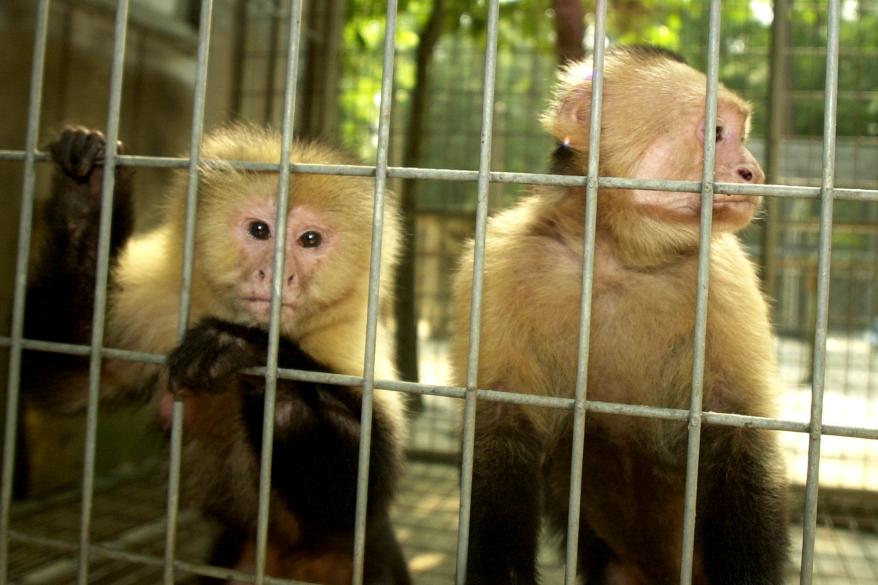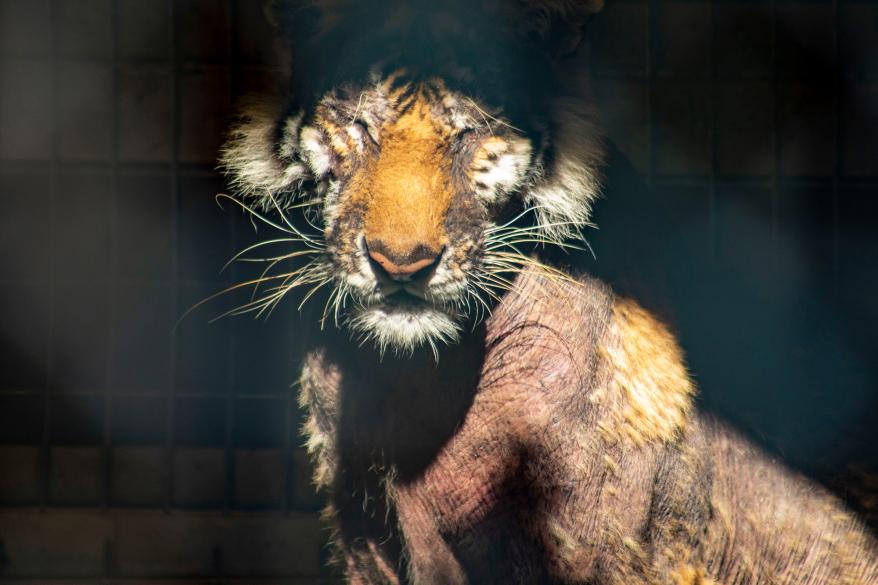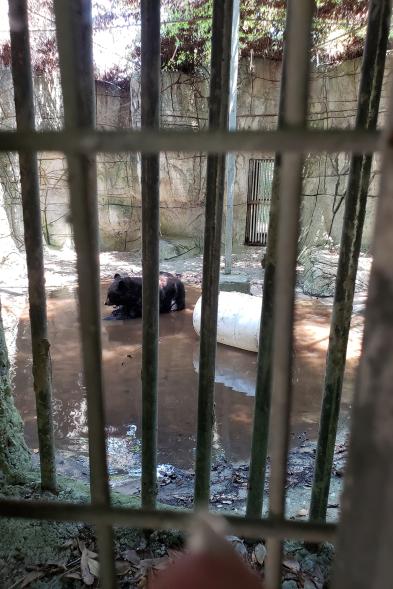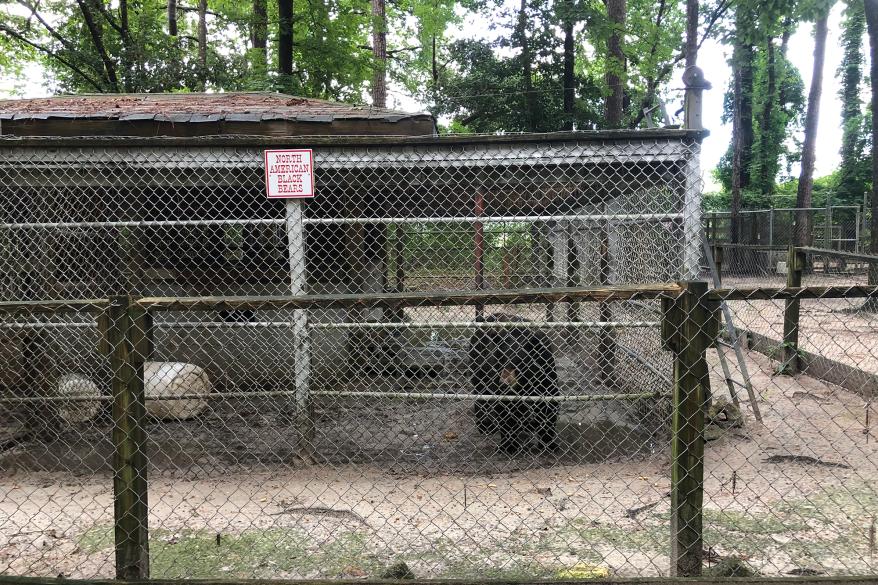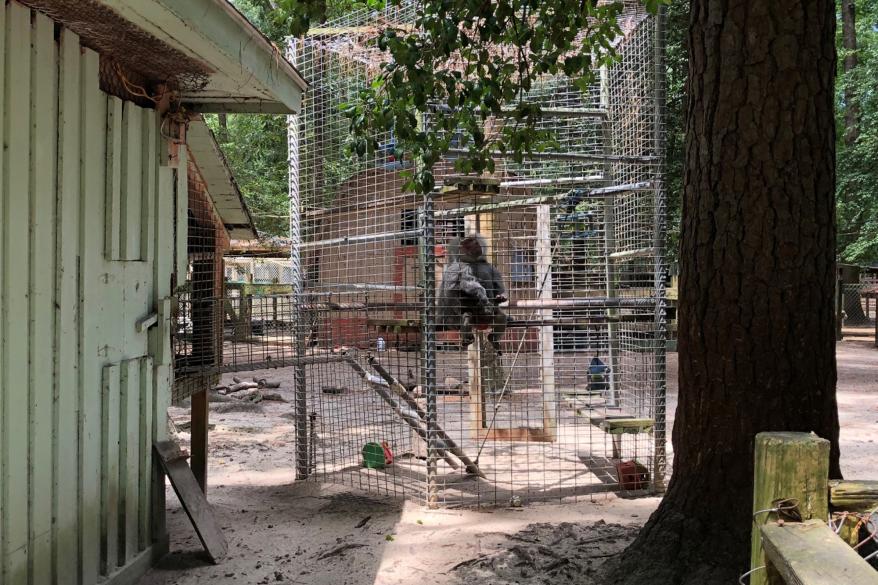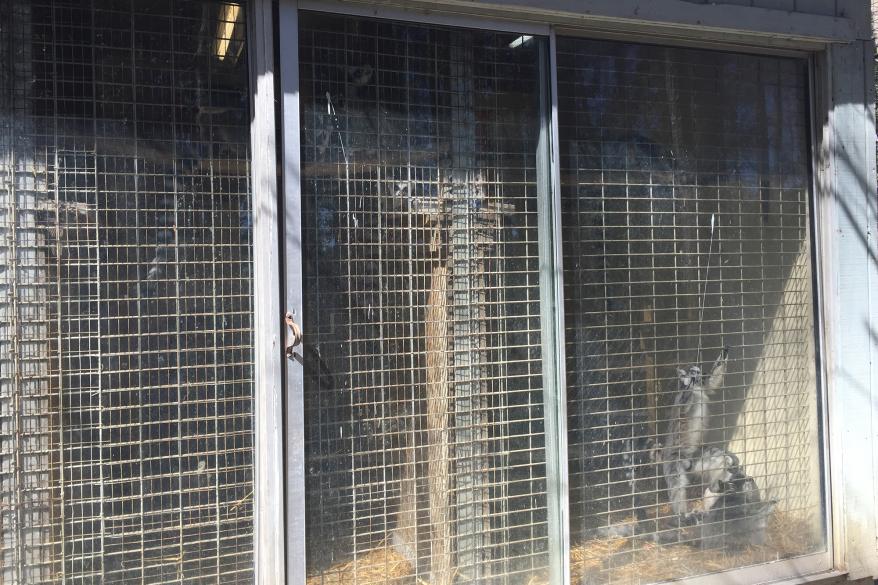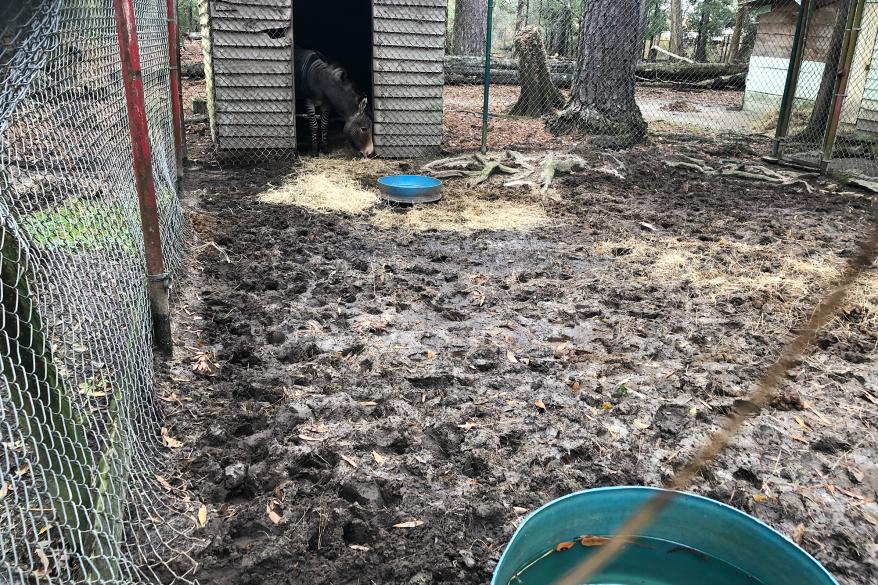Tiger Queen Carole Baskin has another big cat “rescue” she wants to shut down.
Joe Exotic’s nemesis, who became famous after the Netflix hit “Tiger King,” now has the Waccatee Zoo in South Carolina firmly in her sights – a zoo that People for Ethical Treatment of Animals (PETA) calls “the worst roadside zoo in America.”
Baskin told the Post: “I am outraged that the wild animals at Waccatee Zoological Farm in Myrtle Beach are suffering needlessly, and the USDA is apparently doing nothing about it!”
According to Lyndsay Cole, the assistant director of public affairs for the USDA Animal and Plant Health Inspection Service (APHIS), “The Waccatee Zoological Farm is licensed by APHIS [an]) their last inspection was March 5, 2020.”
But the inspection report was hardly clean, noting, “One adult female zebu and two adult llamas had significantly overgrown hooves” and “the shelters for the zebu cattle and peccaries were excessively soiled and muddy.”
At the 500-acre zoo, per its website, “Herds of buffalo and zebra roam the grassland, while big cats like the lion, cougar and tiger eye you up close.”
But according to reports and videos provided by People for the Ethical Treatment of Animals, some of the animals live in small cages and appear in a state of distress — including, Lila, a tiger with large bald spots all over her body.
“I am especially concerned for the health and wellbeing of Lila,” Baskin said. “She appears to be enduring great suffering from an apparent medical condition that has left her nearly bald and not receiving proper veterinary care. She’s been confined to a tiny, barren cage for years and is often seen pacing, a sign of stress … Tigers maintain full coats of hair for their entire lives unless there is a serious underlying health issue.”
Karen Small, an employee at the Waccatee Zoo, said Lila is currently on medication for alopecia — a medical condition that contributes to hair loss — but is otherwise “happy”.
“PETA has been monitoring conditions at the Waccatee Zoo for many years and the conditions are incredibly dire,” said Brittany Peet, the deputy general counsel for PETA’S Captive Animal Law Enforcement group. “The zoo claims Lila is being treated but we continue to receive videos that make it clear she’s experiencing extreme discomfort. She’s confined in a tiny enclosure of just a few square feet to walk on.
“We’ve already seen so many animals die there,” Peet said, citing a chimp named Chico who was kept in solitary confinement at Waccatee for 30 years.
A fact sheet on the zoo provided by PETA says: “For years [at Waccatee], big cats, bears and other animals have been seen pacing and baboons have been seen swaying and rolling their heads — all signs of psychological distress.”
Baskin, along with PETA, is “calling on law enforcement to act now” and offering to help with relocation costs for the wild animals on the property.
In March, the Horry County Police Department released a statement saying it was helping the USDA look into complaints about the zoo. “At this time, Lila is under the care of a veterinarian who has provided assurances that the tiger is being well cared for and not in immediate danger, despite her appearance,” the statement said.
“We are continuing our attempts to work with our federal partners, the USDA,” Kelly Moore, director of public information for Horry County, told The Post. “We continue to monitor the situation and stand prepared to take action as warranted by law.”
When reached for comment, Kathleen Futrell, the owner of Waccatee Zoo told The Post: “There’s nothing I can say or do that will change the feeling of (PETA). I’ve been harassed by them for 33 years and I’m about tired of it. No comment is my comment.”
According to PETA’s fact sheet, in 2018 the zoo was cited by the USDA for failing to provide adequate veterinary care to a crab-eating macaque and two black bears. and failing to provide sufficient enrichment to promote the psychological well-being of primates — mentioning baboons that paced in circles and rocked sideways. In 2019, according to PETA, the USDA cited Waccatee for failing to clean the “excessively dirty interior housing” of a coatimundi.








